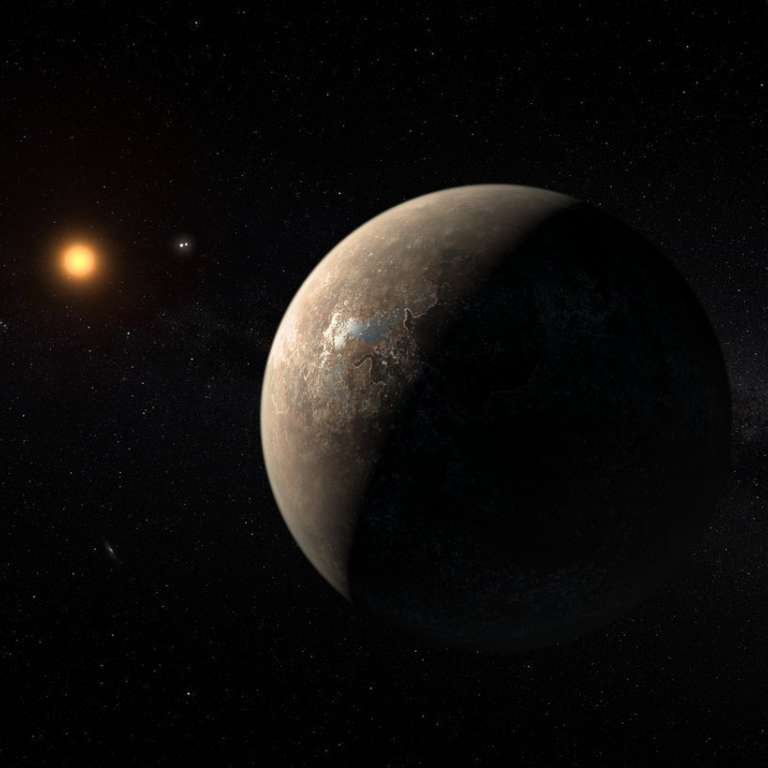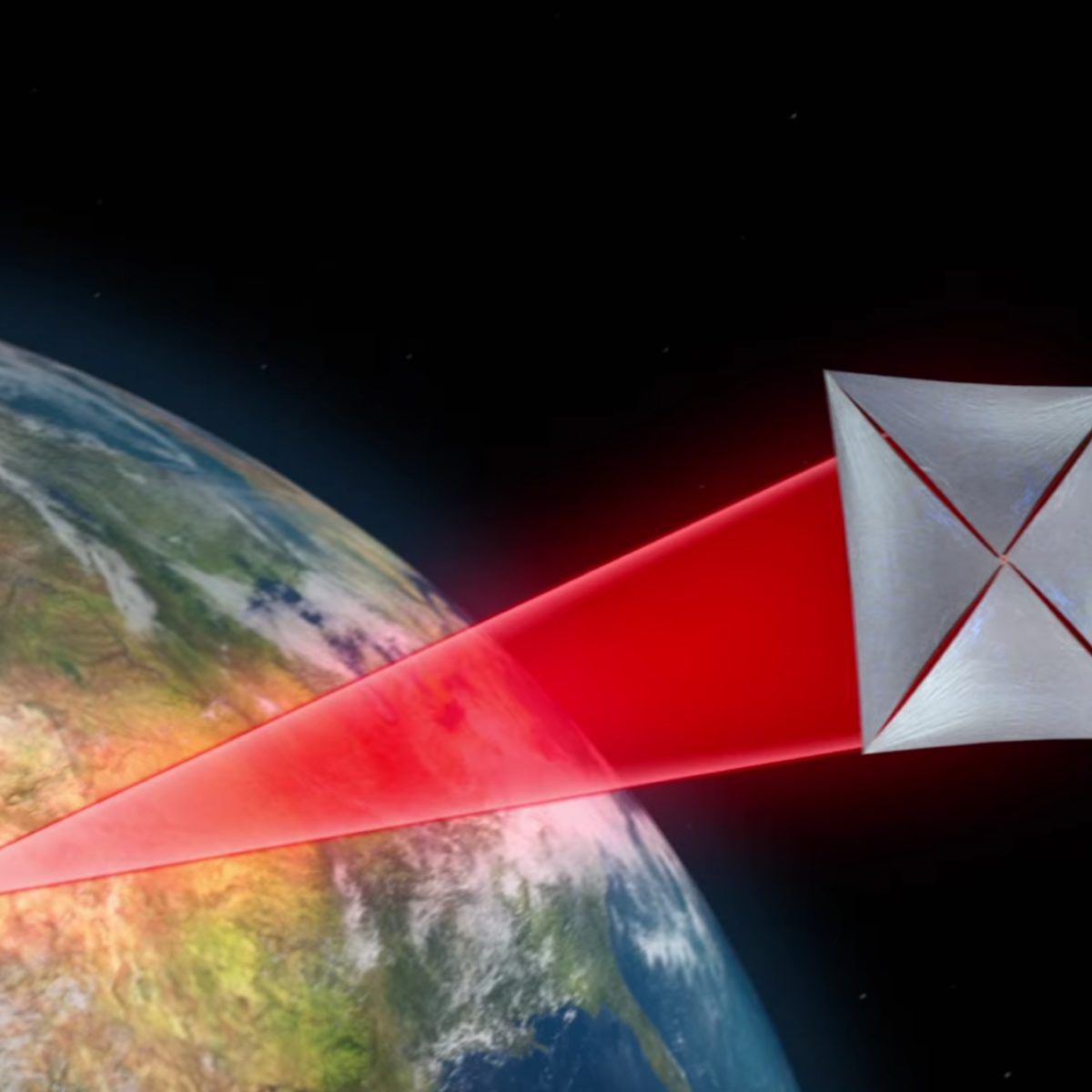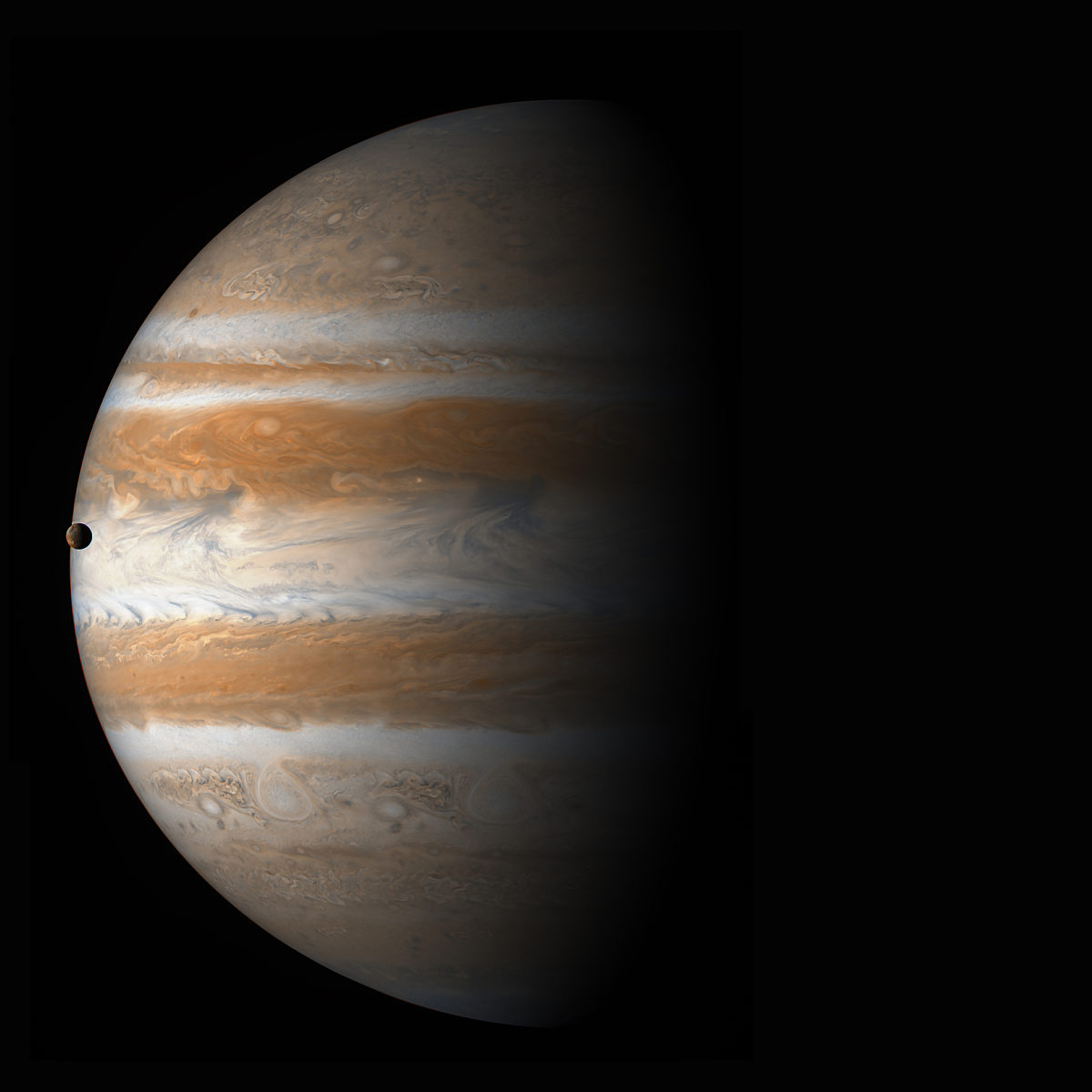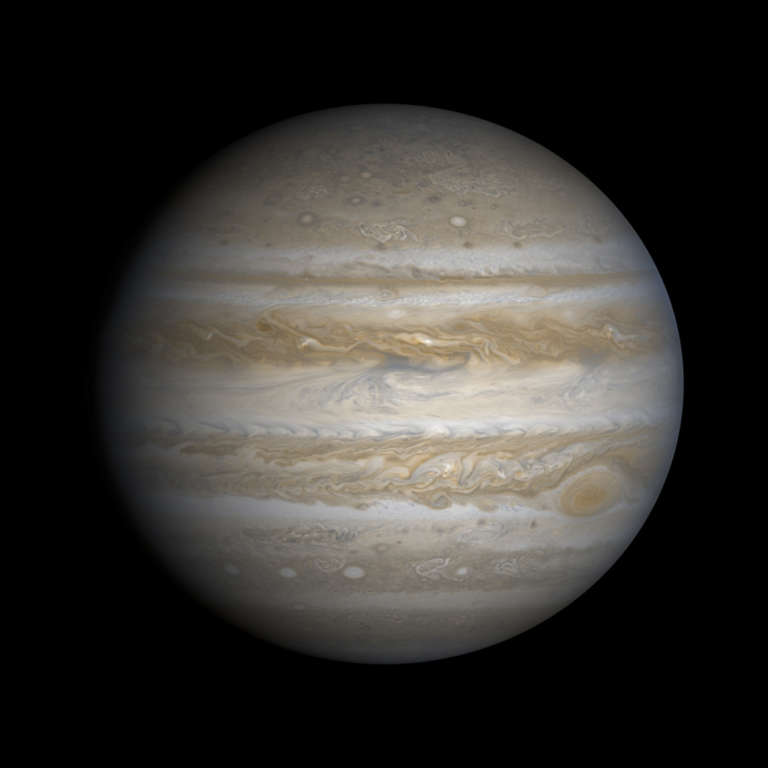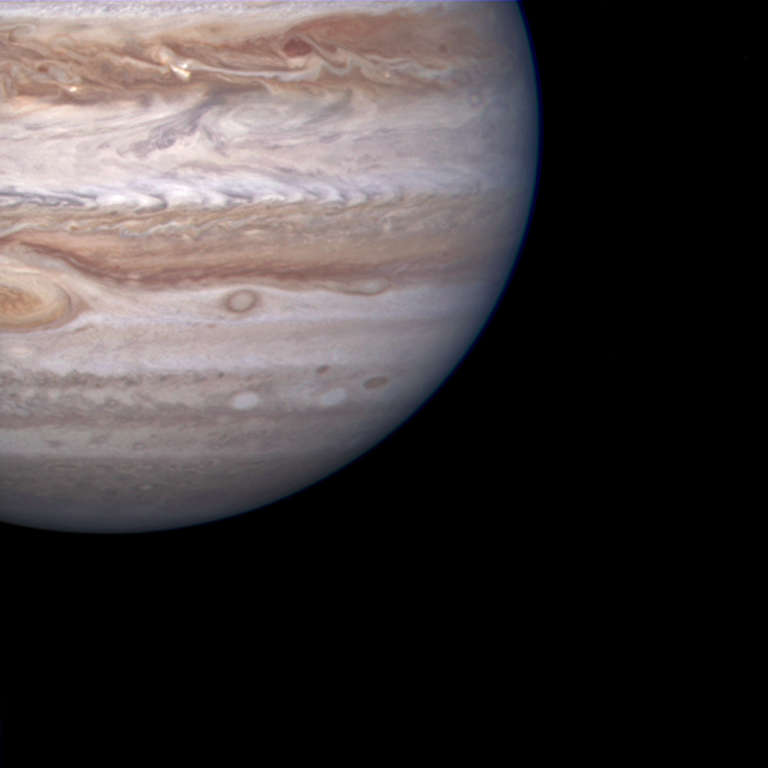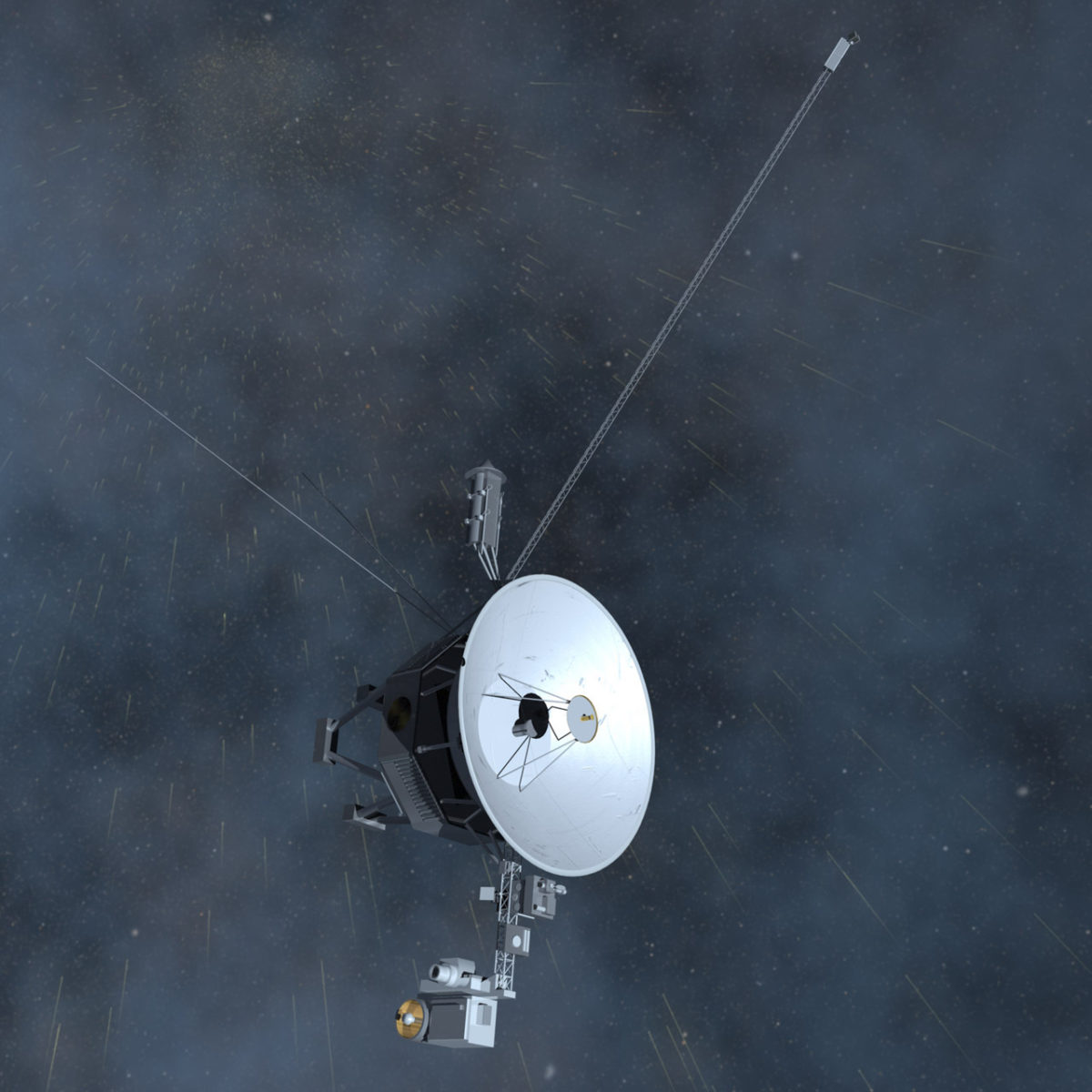Since 2002, Planetary Radio has visited with a scientist, engineer, project manager, advocate, or writer who provides a unique perspective on the quest for knowledge about our Solar System and beyond. The full show archive is available for free.
Search Planetary Radio
In its nearly five decades, NASA has created or improved thousands of technologies, processes and innovations. Dan Lockney is in charge of making sure these solutions are found and utilized by industries and others in need.
The announcement was made just days ago. Co-discoverer Michael Endl tells us about the discovery of a roughly Earth-mass planet orbiting in the habitable zone of the closest star to our own.
Philip Lubin and his former student Travis Brashears have had quite a year. Their bold plan to send tiny probes to nearby stars is now supported by NASA and the Breakthrough Starshot $100 million dollar initiative. Hear their amazing story.
Return with us to the evening of July 4, 2016 and the exciting arrival at Jupiter of the Juno orbiter. You’ll hear the moment of successful orbital insertion. Several of the mission’s key contributors reveal how Juno accomplished this feat, along with what they hope the spacecraft will tell us about the giant planet.
She has spent most of her life working toward a bright future for humanity in space, and Lori Garver has lost none of her passion. She visited the Planetary Society for a wide-ranging conversation with Mat Kaplan.
This month Jason Callahan, Casey Dreier and Mat Kaplan ask whether the Moon vs. Mars human destination debate makes sense, highlight a new report on the science potential of CubeSats by the National Academies, and explain how a thrilling planetary science mission like Juno gets a thumbs up from NASA.
Juno will enter Jupiter orbit on July 4th. Mat Kaplan talks with the mission’s Principal Investigator, Scott Bolton at the Jet Propulsion Laboratory. Bill Nye helps prepare us for this exciting encounter and the science that will follow.
OSIRIS-REx will launch toward Near Earth Asteroid Bennu soon. In an early celebration of Asteroid Day, mission leader Dante Lauretta tells us how learning about asteroids may teach us about our own origins, and help us avoid a cataclysmic impact.
The Juno spacecraft will enter orbit at Jupiter on July 4th. It carries a camera that will send back spectacular images from just above the swirling clouds of that mighty planet. Planetary scientist Candy Hansen will tell us how we can help decide what it will view.
Alyssa Rhoden studies Jupiter’s moon Europa…from a distance. She, many other scientists and millions of space exploration fans around the globe want to see a mission to this ice world that hides a vast, warm ocean. That’s why she and several colleagues have created Destination: Europa, and they want your help.
Juno Principal Investigator Scott Bolton reviews the spacecraft's Earth flyby and previews its long stay at our solar system's king of planets.
Voyagers 1 and 2 just reached 35 years of travel in space. What a great reason to celebrate! Join Voyager Project Scientist Ed Stone, Ann Druyan, Emily Lakdawalla and Robert Picardo in this special live edition of our show. Bill Nye reports on a separate celebration in London and on the International Space Station, and Bruce Betts is back in fine form with Mat Kaplan for this week’s What’s Up.


 Explore Worlds
Explore Worlds Find Life
Find Life Defend Earth
Defend Earth



